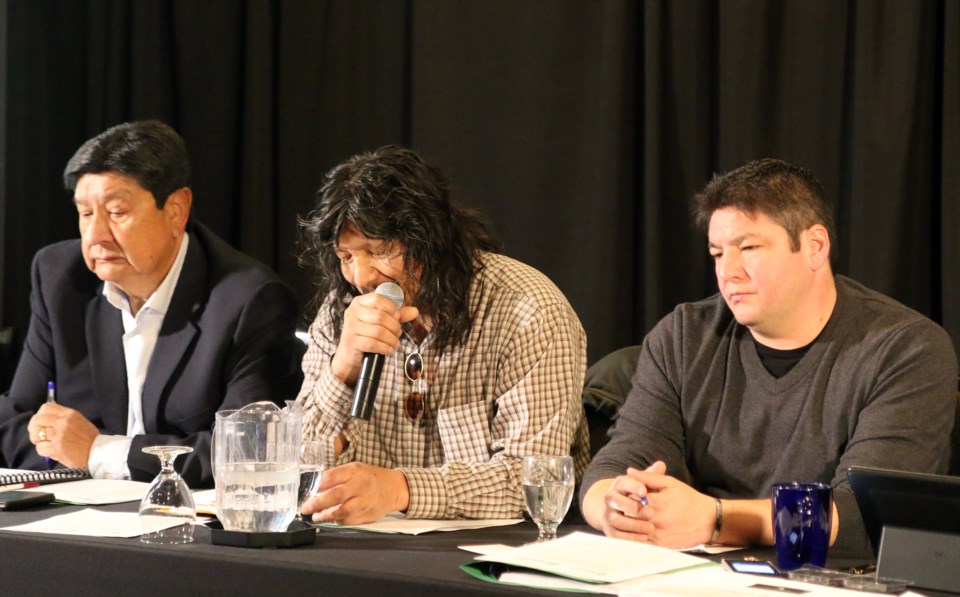TORONTO – The public may get more insight into alleged misconduct by Thunder Bay police in the case of Stacy DeBungee, which sparked national attention and contributed to allegations of institutional racism within the force. On Friday, the Ontario Court of Appeals ruled unanimously that a previous order to close hearings on the matter to the public must be reconsidered.
DeBungee, an Indigenous man from Rainy River First Nation, died in Thunder Bay in 2015. The Office of the Independent Police Review Director, which oversees complaints against police in Ontario, found officers on the case ignored or neglected important leads, and that racism may have influenced the handling of the investigation. It concluded there were “probable grounds to support an allegation of neglect of duty.”
Police officers are normally supposed to be notified within six months of disciplinary hearings into their conduct. Because the OIPRD review took nearly two years, the Thunder Bay Police Board must hold an “extension hearing” to determine if the delay was reasonable, and therefore if disciplinary hearings for the officers should go ahead. The Board appointed retired judge Lee Ferrier to make an impartial decision on the extension.
The Police Services Act specifies that police board meetings should generally be open to the public. However, Ferrier reasoned that because the hearings touched on employment and disciplinary matters, they met criteria for exceptions under the Act for cases involving intimate financial or personal details.
Ferrier’s decision was challenged at Ontario Superior Court earlier this year by DeBungee’s family and Rainy River First Nations, as well as the CBC. The parties argued closed hearings would infringe on their rights to freedom of expression and freedom of the press under section 2(b) of the Charter of Rights and Freedoms. The judge in the case granted a stay, putting a halt to the hearings until Ferrier’s decision could be reviewed.
The Ontario Court of Appeal passed down that decision on Friday. The ruling did not go so far as to overturn Ferrier’s decision – though Chief Justice George Strathy, writing for the unanimous court, says he was “tempted to do so” to resolve the “very slow pace of the OIPRD recommendation for disciplinary proceedings.”
Instead, the ruling requires Ferrier to reconsider his decision to close the hearings, largely due to new legal precedent set in recent cases. Chief Justice Strathy specifically pointed to a September ruling, in Langenfeld v. Toronto Police Services Board, which held that section 2(b) of the Charter does apply to police board meetings.
The court’s ruling urges him to consider a “less restrictive” order that would allow the public and media access while protecting sensitive information, such as a publication ban on certain details.
